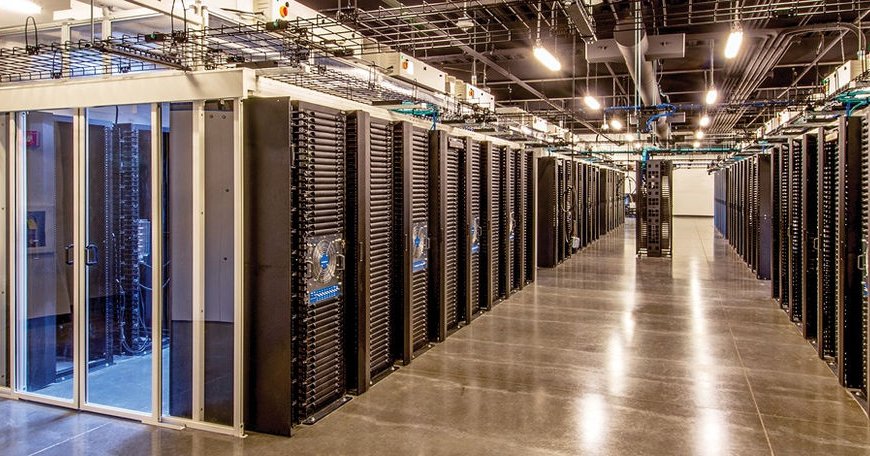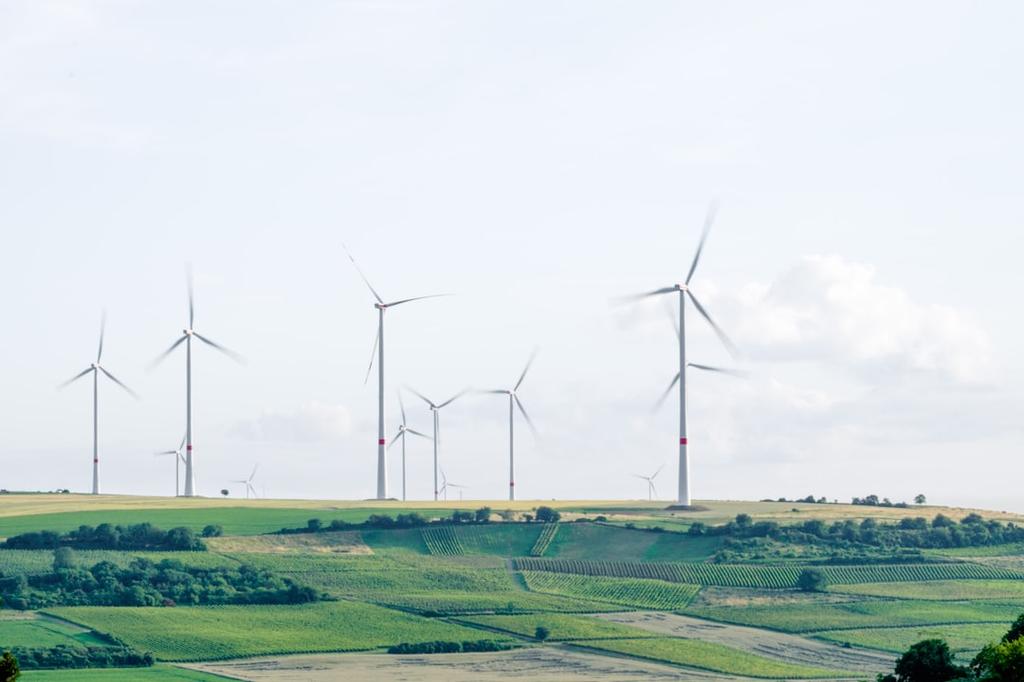The recent announcement of a monumental $50 billion strategic partnership between KKR and Energy Capital Partners (ECP) marks a seismic shift in how we think about the intersection of energy infrastructure and the burgeoning world of artificial intelligence (AI). This collaboration, forged between a global investment powerhouse and a major player in power generation and renewables, is set to turbocharge the development of data center and power generation infrastructure at a time when the demand for AI capabilities is skyrocketing.
Let’s face it: AI is no longer just a buzzword. It’s a driving force that’s reshaping industries and pushing the limits of what technology can achieve. However, this rapid expansion comes with its own set of challenges. The projected demand for data centers in the U.S. is set to nearly triple by 2030, which translates to an astronomical investment of over $1 trillion. But here’s the kicker—this explosive growth is hampered by a limited availability of reliable power. Without the right infrastructure in place, the ambitions of tech giants and governments alike could hit a wall.
Joe Bae, KKR’s co-CEO, succinctly captures the urgency of the situation: “Data center power demand is expected to grow by 160% by 2030.” This staggering figure underscores the necessity for robust, scalable, and sustainable power solutions. The partnership aims to address these pressing needs while also keeping an eye on costs and carbon emissions. Doug Kimmelman, founder of ECP, emphasizes that maintaining the U.S.’s competitive edge in AI will require massive investments in power infrastructure—investments that can no longer be delayed.
What’s particularly intriguing about this partnership is its holistic approach. KKR and ECP are not just throwing money at the problem; they’re combining their extensive expertise to create a comprehensive solution. With a combined footprint that boasts over 8 GW of existing data center pipelines and 100 GW of power generation ready for development, they’re well-positioned to tackle the challenges head-on. Waldemar Szlezak, KKR’s global head of digital infrastructure, noted that they have the capabilities to deploy their capital swiftly and responsibly, ensuring that the infrastructure keeps pace with the rapid advancements in AI.
The collaboration also highlights an important truth: building the infrastructure to support AI isn’t a one-size-fits-all endeavor. It requires cooperation across various sectors, including utilities, data center developers, and independent power producers. By engaging with these industry leaders, KKR and ECP are paving the way for a more integrated approach to infrastructure development.
Neil Chatterjee, a former FERC chairman and now a senior advisor to KKR, points out that success in this venture hinges on having world-class capabilities across the entire value chain. From power generation to the deployment of data centers, every step is crucial. The partnership aims to deliver scalable solutions not just for hyperscalers but for a wide array of market participants, ensuring that the infrastructure is robust enough to handle the demands of model training, tuning, and inferencing at scale.
In a world where the stakes are high and the pace of technological advancement is relentless, this partnership could very well serve as a blueprint for future developments in the energy sector. It’s a call to action for other players in the industry to rethink their strategies and collaborate in ways that drive innovation while addressing sustainability. The implications are profound: as KKR and ECP work to build out this critical infrastructure, they’re not just fueling the AI revolution—they’re also setting new standards for how we think about energy in an increasingly digital world.




